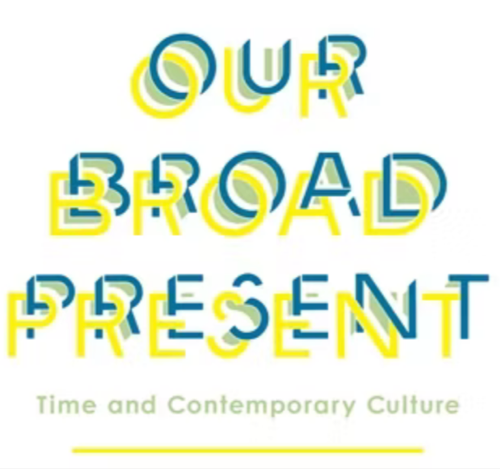A collection of works on the history and practices of time

Powers of Time - David Lapoujade
One of the best explanations of Bergson’s thought. Lapoujade connects duration with motion and in the process exposes why Bergson’s thought is more than conceptual philosophy. It is the transformation of how we experience ourselves and the world.

The Radical Philosophy of Saint Paul - Stanislas Breton
Breton set in motion the philosophical and theological reconsideration of Paul (which was already underway in more scholarly investigations into ‘the historical Paul’). This book is crucial to the reconsideration of Paul that found in his letters the power to suspend the weight of culture to find ‘new horizons’ of salvational experience.

The Natural Contract - Michel Serres
Michel Serres at his most political. This 1990 book is a defining work in the modern understanding of the climate crisis. I've written a long essay inspired by the depth and breadth of Serres vision.

The Parasite - Michel Serres
A canonical book in the history of 'posthumanism'. It is much more than that. The Parasite descends through Western Metaphysics and Ontology to arrive at a way of thinking that is thoroughly relational. Here we find his early articulation of quasi-objects and percolating time. My 'review' is not so much a review as an essay on how to use 'the parasite' as an operational concept that expands our capacity to become quasi-subjects.

Hans Ulrich Gumbrecht - Our Broad Present
Gumbrecht speculates on what the present has become now that grand narratives of progress are no longer credible.

Peter Galison - Einstein’s Clocks, Poincaré’s Maps
The twentieth century's need for national and global time was a problem of electromagnetism. It became an abstraction (as relativity) out of these practical and commercial concerns.

Dava Sobel - Longitude
Understanding Harrison's clocks is essential to understanding how we got from the Middle Ages to the Enlightenment and our own Modern age. The story of John Harrison's attempts to solve the Longitude Problem is a story about the changing historical consciousness of time.

A Testament of Hope
If you want to understand Modernity, start here.

Down to Earth - Bruno Latour
A highly accessible version of Facing Gaia. For me it is the classic statement of how the accumulation of wealth has become the latest expression of Gnosticism.

The Genesis of the Copernican World - Hans Blumenberg
Copernicus did not kick humanity out of the center of the universe. He made the Earth a star and also tried to restore the harmonious relationship between God’s creation and humanity. The consequences for the configuration of time are underappreciated. This book corrects that.

Cosmopolis - Stephen Toulmin
A very accessible understanding of how Modernity emerges out of the late Middle Ages as a desire for “certainties” arising out of the conflicts and terrors of the European violence of the seventeenth century.

